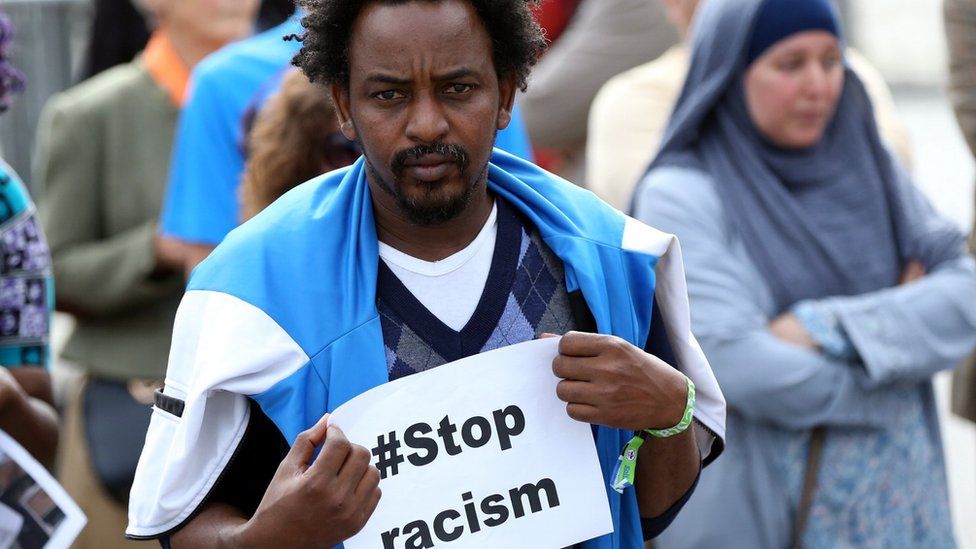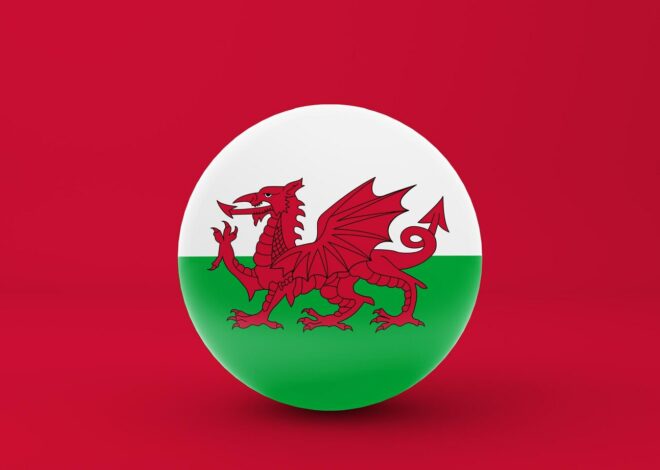
World’s Most Racist Country
Racism is an insidious social issue that has plagued societies worldwide for centuries. It is a deeply troubling problem that manifests differently in various countries and regions. However, it is essential to approach this topic with sensitivity, acknowledging that racism is a complex and multifaceted issue that cannot be neatly ranked or summarized as the “world’s most racist country.” In this article, we will explore the concept of racism on a global scale, examining some countries that have faced significant challenges related to racial discrimination and prejudice.
South Africa: Apartheid’s Legacy
South Africa’s apartheid regime, which lasted from 1948 to the early 1990s, is one of the most notorious examples of institutionalized racism in modern history. Apartheid was a system of state-sponsored racial segregation that oppressed Black South Africans, depriving them of basic rights and opportunities. The struggle against apartheid, led by figures like Nelson Mandela, ultimately triumphed, ushering in an era of democracy and reconciliation. South Africa’s journey serves as a powerful reminder of the consequences of institutional racism and the potential for change.
United States: A Complex History of Racism
The United States has a long and complex history with racism, primarily stemming from its legacy of slavery and systemic discrimination against African Americans. While significant progress has been made through civil rights movements, racial disparities persist in various aspects of American society. Recent events, such as protests against police violence targeting Black individuals, highlight the ongoing struggle against systemic racism. However, it is essential to remember that the United States is also home to diverse communities working together to combat racism and promote inclusivity.
Israel and Palestine: A Multifaceted Conflict
The Israel-Palestine conflict is a deeply intricate geopolitical issue rooted in historical, religious, and cultural factors. Although it is primarily a conflict over territory and sovereignty, it is impossible to ignore that it involves elements of ethnic and racial tension. Palestinians, both in the occupied territories and within Israel, have faced discrimination and restrictions on their rights, leading many to argue that they are victims of racial discrimination.
Myanmar (Burma): The Rohingya Crisis
Myanmar has gained international attention due to allegations of ethnic cleansing and persecution against the Rohingya, a Muslim minority group. The Rohingya crisis underscores the challenges of ethnic and religious discrimination within the country. The international community has raised concerns about the human rights abuses and violence directed at the Rohingya population.
Russia: Xenophobia and Ethnic Tensions
Russia has witnessed an increase in reports of hate crimes targeting ethnic minorities, particularly people from Central Asia and the Caucasus. Anti-immigrant sentiments have also been on the rise, fueled by economic instability and political factors. These issues highlight the complex relationship between multiculturalism and tolerance in contemporary Russia.
China: Ethnic Discrimination in Xinjiang
China has faced scrutiny and international criticism for its treatment of Uighur Muslims in the Xinjiang region. Reports and investigations suggest that Uighurs have been subjected to mass detention, forced labor, and cultural suppression. Many view these actions as a form of ethnic discrimination. China’s government denies allegations of abuse, but the situation has sparked worldwide concern about human rights violations.
India: Caste-Based Discrimination
India grapples with a deep-rooted system of caste-based discrimination, where individuals are categorized into social hierarchies based on their birth. The Dalits, historically considered “untouchables,” have faced discrimination, violence, and social exclusion for centuries. Although the Indian government has implemented affirmative action policies to address these disparities, caste-based discrimination remains a significant social issue.
European Nations: Rising Xenophobia and Far-Right Movements
Several European countries have witnessed the rise of far-right political movements and increased xenophobia. These movements often target immigrants, refugees, and minority communities, leading to heightened tensions and instances of discrimination. Issues related to identity, multiculturalism, and integration are at the forefront of these debates.
Australia: Indigenous Rights
Australia has a history marked by the mistreatment and dispossession of its Indigenous population, the Aboriginal and Torres Strait Islander peoples. While Australia has made efforts to address historical injustices through reconciliation and legal reforms, disparities in education, healthcare, and criminal justice persist. Indigenous communities continue to advocate for their rights and recognition.
Japan: Discrimination Against Burakumin
Japan faces its own form of discrimination, primarily against the Burakumin, a social minority group historically associated with “unclean” occupations. While Japan has made progress in reducing discrimination, social stigma and disparities in employment and education still affect the Burakumin community.
Conclusion
While these examples shed light on the challenges related to racism in various parts of the world, it is crucial to emphasize that racism is a global issue that takes different forms in different contexts. Attempting to label a single country as the “world’s most racist” oversimplifies the problem and does not contribute to productive dialogue. Instead, the focus should be on addressing racism wherever it exists and fostering inclusive societies that respect the dignity and equality of all individuals, regardless of their race or ethnicity. These are the world’s most racist country.


